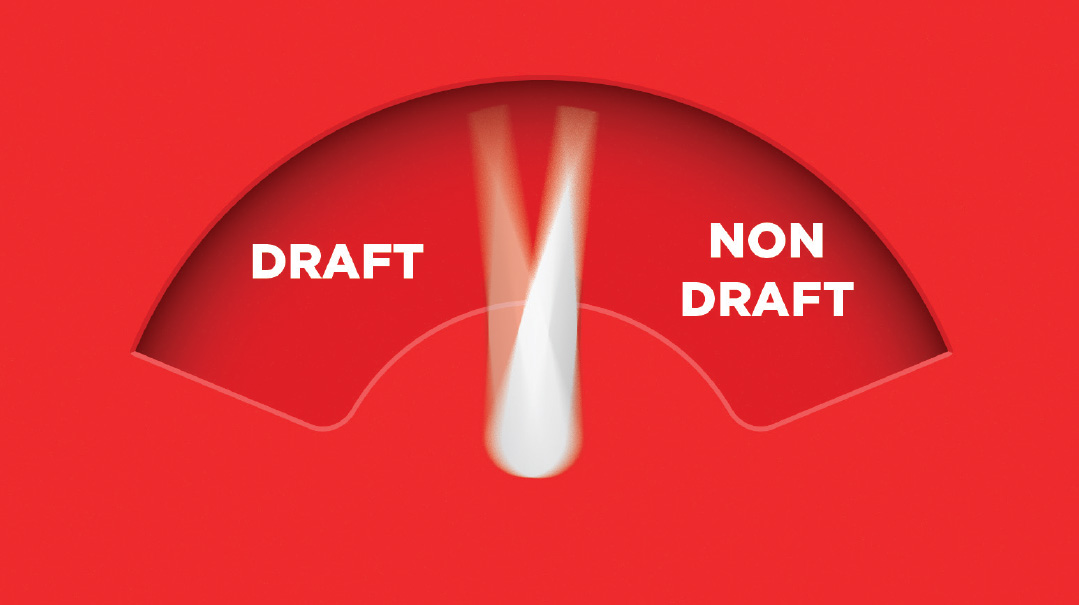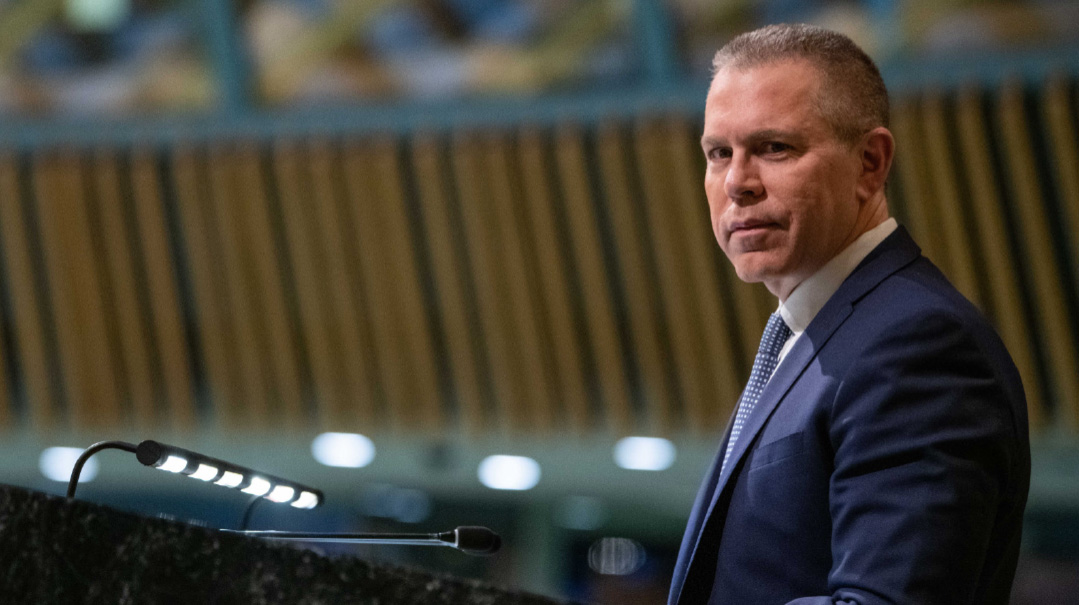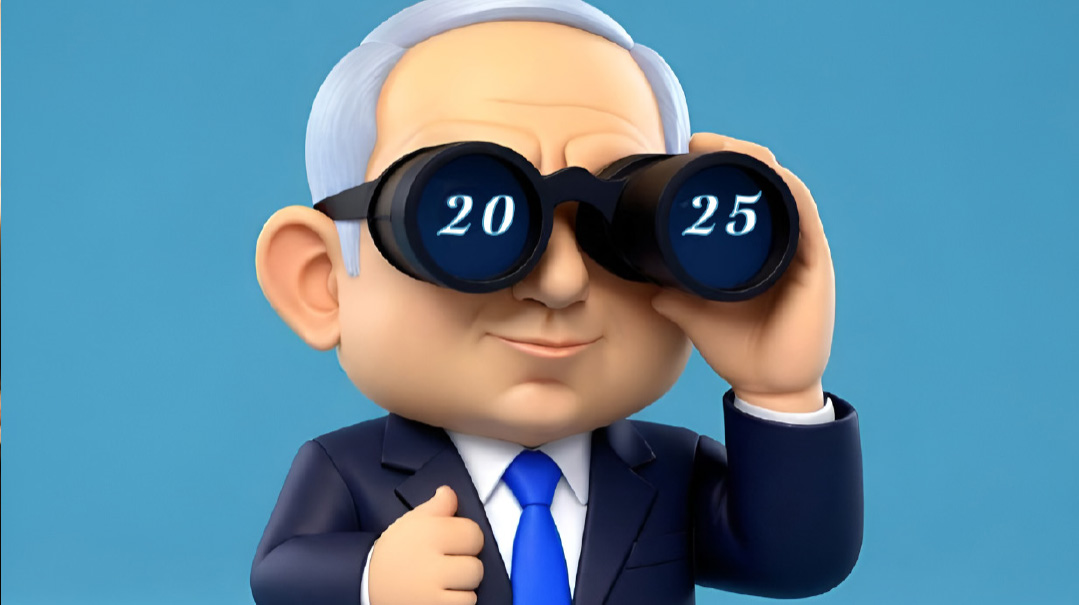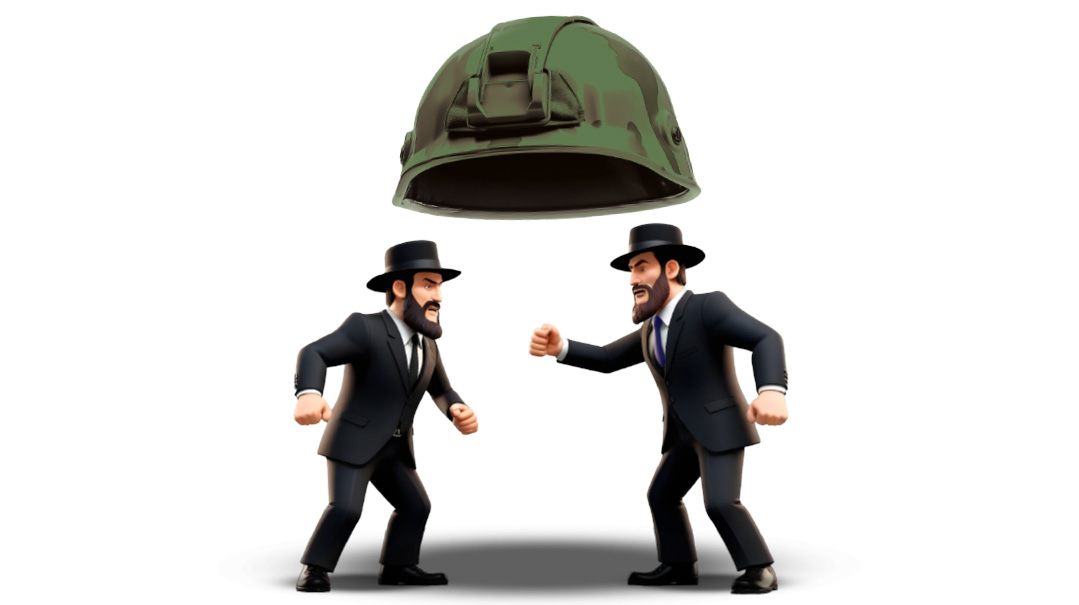Herzog Holds Out Hope

The only path to viable legislation runs through agreements with the opposition on broad array of issues
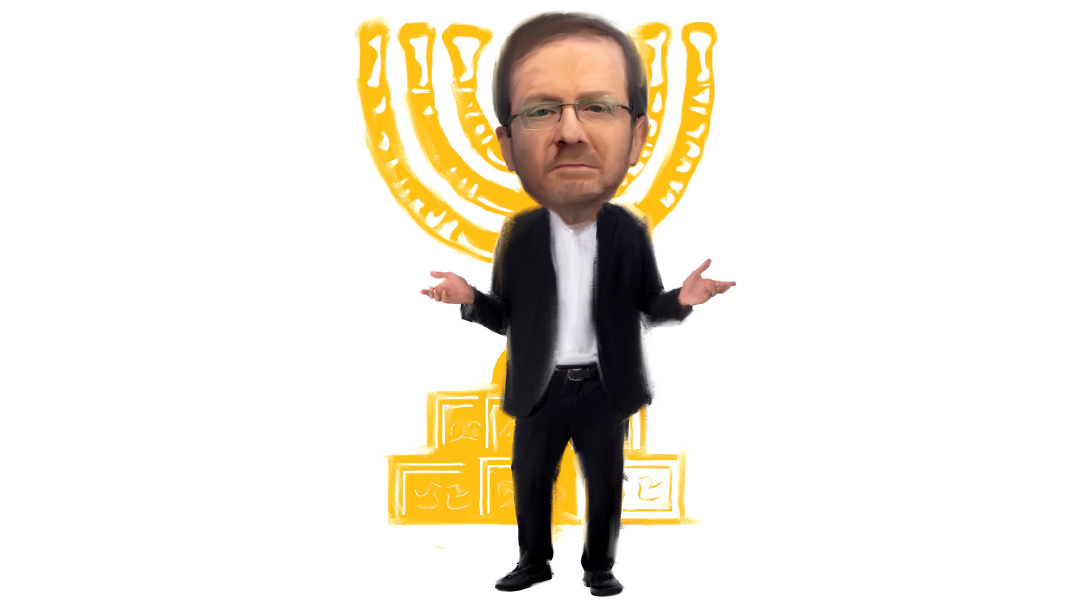
1
IN Beit Hanasi, the official presidential residence in Jerusalem, sits a Tel Avivian who’s as worried as he’s disappointed. President Yitzchak Herzog has recently renewed his efforts to mediate between the poles in Israeli society, this time setting his hopes on the chareidi parties — who increasingly see judicial reform as a distraction from the more important issue of the IDF draft law — as a moderating influence within the coalition.
With his long background in the law and politics, Herzog is a specialist at bridging differences, pinpointing the sweet spot for compromise, and plotting bypass roads around obstacles. His previous attempts to mediate may have fallen short; but Herzog isn’t one to let past failures get in the way. His 2015 election loss to Netanyahu, back when Herzog headed the Labor Party, proved merely a stepping stone to his 2021 election as president. The role of Israeli president is a position with minimal real responsibility. Legend tells of the time Ben-Gurion picked up the handkerchief of Chaim Weizmann, the nation’s first president, leading Weizmann to quip: “At least you’re leaving me the one thing I’m allowed to stick my nose into!”
But Herzog has used his background in politics to bring gravitas to the role. This was illustrated when Herzog was invited to address a joint session of Congress, even as Netanyahu has been locked out of Washington from the start of his sixth term.
One advantage of Herzog’s location is the proximity of living quarters to work space — rather like the White House. For Herzog, work is integrated with life. He hosts chareidi politicians in his salon for a kosher l’mehadrin lunch, opening their hearts over a glass of white wine.
Herzog told his guests that the biggest mistake chareidi MKs made was rejecting his compromise offer a few months back, in which the subject of the draft took center stage. Herzog proposed finding a deal acceptable to both sides and anchoring the agreement in legislation to guarantee immunity from the High Court. The chareidim followed Likud’s lead in rejecting the offer, which, Herzog is convinced, was a big mistake.
2
“NOunilateral legislation on draft exemptions will help,” the president explains with a large degree of logic. “Even if the chareidim succeed in convincing all Likud MKs to support the bill, which is far from assured, there can be no question that petitions will be filed against the law and the High Court will strike it down.”
Herzog is correct: while in the past there was a certain time lag between the legislation’s passage and the High Court’s inevitable ruling, even that can’t be counted on this time. The hearings on petitions to strike down the right-wing government’s legislation are being scheduled with a remarkable sense of urgency, and the verdicts are also coming quickly.
One person who understands this well is Shas chair Aryeh Deri, whose refusal to return to the government via legislation meant to overturn the Court’s ban on his service, is based on the view that any one-sided legislation, however clear it may be, will not pass muster with the High Court.
And back to the president’s admonition: the actual wording of any bill on draft exemptions for yeshivah bochurim won’t even matter. The rule of thumb is that any legislation supported only by the right-wing coalition is doomed. The only path to viable legislation runs through agreements with the opposition on broad array of issues.
3
“That was Rav Shach’s way,” said Elad’s chief Ashkenazi rabbi, Rav Shlomo Zalman Grossman, a confidant of Rav Shach in the ’90s, and one of the leading rabbanim of the litvish community.
The rav’s words confirming the president’s thesis came during an Elul discussion of an anecdote involving his old friend Rav Meir Tzvi Bergman, Rav Shach’s son-in-law.
Over the heads of chareidi politicians, National Unity chair Benny Gantz visited Rav Bergman’s humble abode for a fascinating conversation that distilled the foundations of chareidi hashkafah. Rav Bergman told Gantz how his father-in-law shed a tear every time he heard of an IDF soldier being injured. He further explained that the chareidim have no real interest in judicial reform except insofar as it concerns the freedom of yeshivah bochurim to learn.
“Maran Harav Shach,” recounted Rav Grossman, who served as Rav Shach’s ambassador to right-wing governments in the ’80s and ’90s, “sent me back in the day to talk with opposition MK Yitzchak Rabin, who had recently spoken out against exemptions for yeshivah students, without Prime Minister Yitzchak Shamir being aware of the meeting.
“This was during the last fully right-wing coalition, without a single left-wing MK, from 1990 to 1992. Before going out to the meeting with Rabin, I mustered the courage to ask Rav Shach: ‘Given the right-wing majority in the Knesset, why do we have to reach out to the left and risk a fallout with Shamir?’
“Rav Shach replied that when it comes to the fate of yeshivah bochurim, we can’t get tunnel vision and ignore public opinion. We have to try to win over everyone we can, anyone who isn’t consumed by hate, even if he’s in the opposition and we can seemingly get on without him — because there’s no saying who will be in power tomorrow.”
Chazal say that wisdom is better than prophecy. “As Rav Shach forecast, that’s exactly what happened. In 1992, Rabin was elected prime minister and formed a coalition with Meretz, which had campaigned on drafting yeshivah bochurim. And despite this, throughout the entire term, which was quite tough for the chareidi community, Rabin never touched yeshivah bochurim’s right to learn.
“I have no doubt,” Rav Grossman added, “that today, Rav Shach would sit with Gantz, and anyone else who respects yeshivah students, to find a durable solution acceptable to as many MKs from the other side as possible. It’s clear to anyone with a brain that without broad consensus, the High Court will strike down any legislation on the draft, and we’ll be back to square one, except with even more tension.”
(Originally featured in Mishpacha, Issue 976)
Oops! We could not locate your form.

